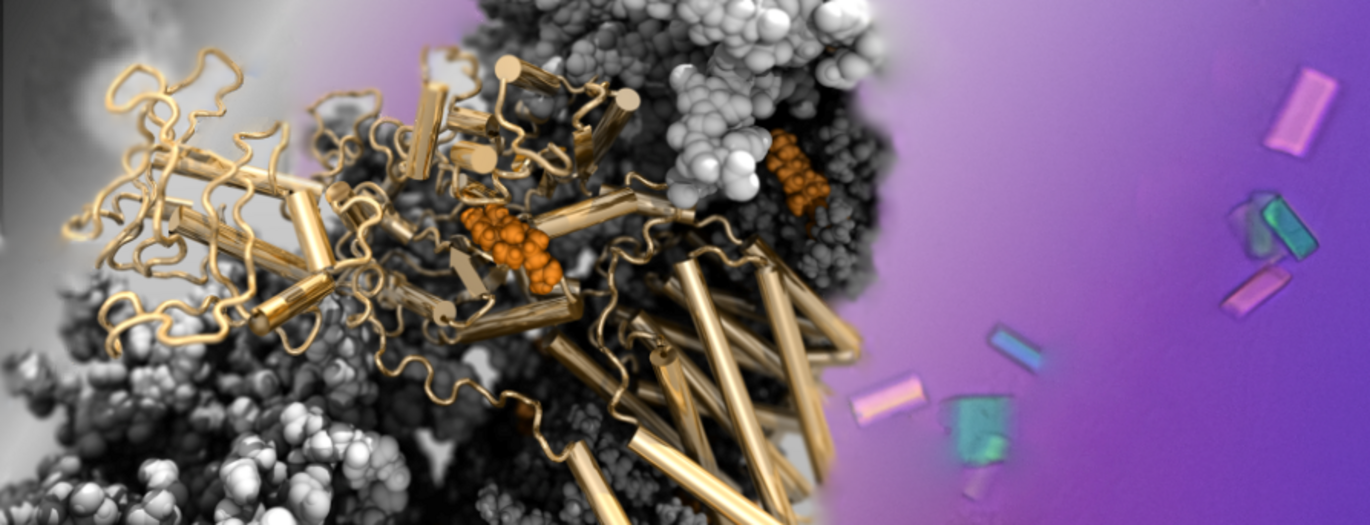Increased funding for research into the mechanisms of cholesterol uptake
With a grant of DKK 6,181,260 (USD 900,000) from the Independent Research Fund Denmark, Associate Professor Bjørn Panyella Pedersen can now increase his research efforts to gain a better understanding of the mechanisms behind cholesterol uptake.

Everyone knows about the dangers of high cholesterol. Elevated cholesterol is a major cause of cardiovascular disease, but cholesterol is also an important component of all cells and crucial for a wide range of important functions in the body. For example, hormones like estrogen and testosterone are made from cholesterol.
In the blood, cholesterol is transported around the body inside a shell of fat and protein. In the body's cells, this shell is degraded and the cholesterol is released to be integrated as part of the cell. This is a fundamental cellular process, not just for humans, but for all animals and plants.
The first step in in this process is to integrate cholesterol with the cell's other fats in the cell membrane. Bjørn Panyella Pedersen's research project will investigate this important step in the process using biophysical and structural biological methods such as electron microscopy and X-ray analysis on particle accelerators, also called the "world's most powerful microscopes", enabling the three-dimensional structure of biological samples to be seen at the atomic level.
The results of the research group's work lead to a better understanding of the mechanisms behind cholesterol uptake, a process of great medical relevance.
This article is based on a media release from the the Independent Research Fund Denmark.
Read also the news article: Rethinking how cholesterol is integrated into cells.
For further information, please contact
Associate Professor Bjørn Panyella Pedersen
Department of Molecular Biology and Genetics, Aarhus University
bpp@mbg.au.dk – +45 2972 3499
